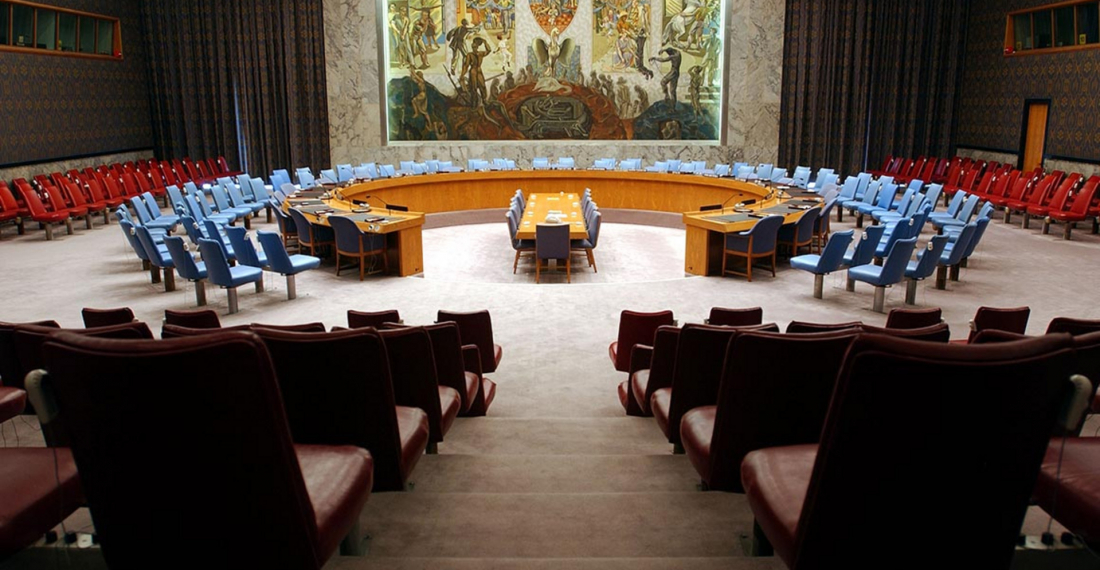France and the United Kingdom want to create a safe zone in the Afghan capital Kabul to facilitate the delivery of humanitarian aid to civilians under the protection of the United Nations. The French president, Emmanuel Macron, has said that France will submit a resolution to this effect to the UN Security Council on Monday (30 August). Both France and the United Kingdom ended the evacuation of their nationals from Kabul earlier last week.
In an interview with the French newspaper Le Journal du Dimanche, Macron explained why such a zone was essential. According to Macron, a UN-zone offers the possibility to keep pressure on the Taliban, and the United Nations can also act quickly in case of emergency.
“Our resolution proposal aims to define a safe zone in Kabul, under U.N. control, which would allow humanitarian operations to continue,” Macron said in the interview.
The Secretary-General of the United Nations, Antonio Guterres, will on Monday discuss Afghanistan with envoys of the permanent members of the Security Council – the United States, the United Kingdom, France, China and Russia.






